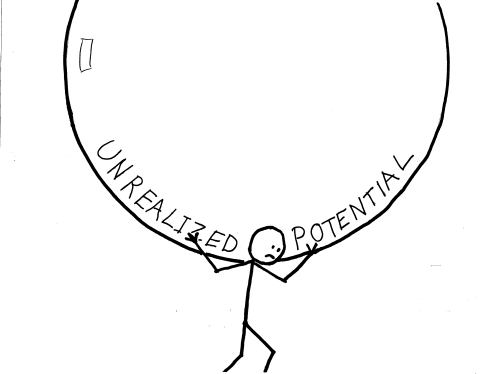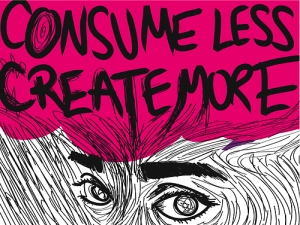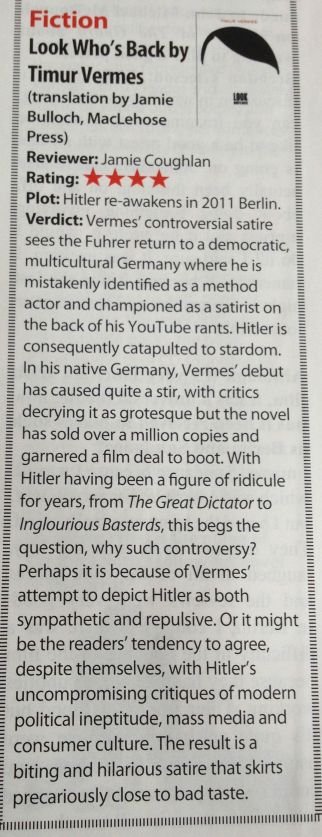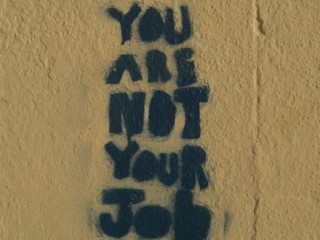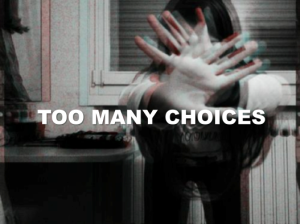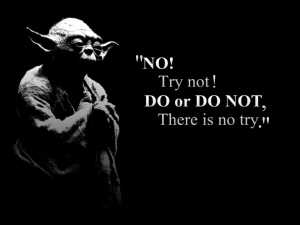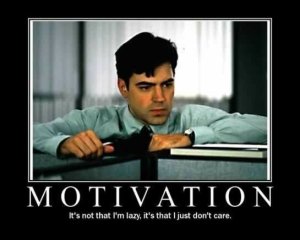Cain Lowe. Most you never met him, the rest of you never will. Cain was a polite and quiet boy. He never complained, never called undue attention to himself and never took more than he was due. He was never rude, never had a bad word to say about anyone and never caused a fuss. He was humble and lacked arrogance. He liked to hang out with his friends and play computer games. Cain was gentle. That’s the thing that will stay with me. He had the most gentle and polite manner. He always said please and thank you and never seemed to think that he was entitled to more than he received. I would have been proud if he had been my son. Cain Lowe died last Thursday night. In October of last year he was diagnosed with inoperable cancer. He had a tumour on his brain stem. It could not be removed as it would have killed him. He received radiotherapy as a measure to extend his life, but it was always only going to be a temporary respite from the inevitable. He was in my form class, 8U. He was twelve years old.
Cain’s untimely passing has forced me think about the finite, of the inevitable and fragile nature of life and death. Our parents will die, our siblings will die and our friends, peers and colleagues will die. What will I be remembered for? What will you be remembered for? What will be your legacy? I don’t know about you but I’d prefer if it was something more than, “He/She was always punctual” or “Always followed instruction to the letter”.
I recently read a book about the American indie music underground in the 1980’s called Our Band Could Be Your Life. It detailed the forming of such seminal indie bands as Dinosaur Jr., The Replacements and Mudhoney alongside the D.I.Y. indie labels like Sub Pop, K Records and SST that sprouted up to support and promote them. These labels and bands originated in places that were considered, at the time, isolated and unlikely to provide anything of musical value like Seattle, Minneapolis and Amherst. These musicians and music lovers had two options: They could plough the popular furrow and discontentedly slog in their local fishery and construction industries or they could, in spite of being largely ignored by the music industry at large, go their own impossible route regardless. Needless to say, these bands and labels went their own way and this ultimately paved the way for the alternative rock explosion of the 1990’s that changed the face of popular music. As Tommy Lasorda said, “The difference between impossible and the possible lies in a man’s determination.” While one would change his assertion to “a person’s determination”, his claim still rings true.
So, what’s my point? Essentially it’s a cliché. Our time is limited. Our potential is limitless. Don’t be fooled, it is unlikely that one’s meekness and obedience will be rewarded in the next life. What is for sure, is that these qualities won’t be rewarded in this life. If there is something you want to achieve in this life, stop humming and hawing. Stop making excuses for your failure or worse, your failure to even try. Decide what it is that you want to achieve. Figure out a route to achieving your goal. Put the wheels in motion to reaching your destination. There will be setbacks, rejections and disappointment. Strikes and gutters. With determination, courage and the internet these will only be temporary. Stand on the shoulders of giants, and see exactly how far you can see. No one on their death bed ever says, “I regret trying”.
